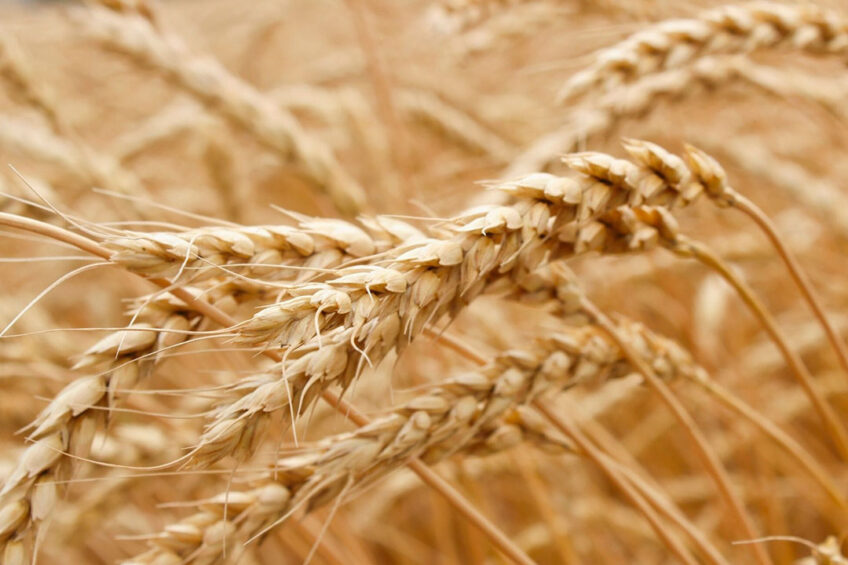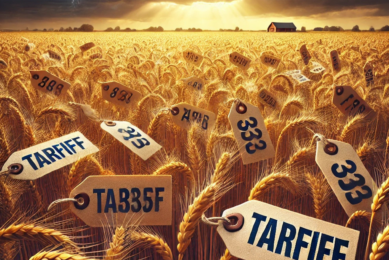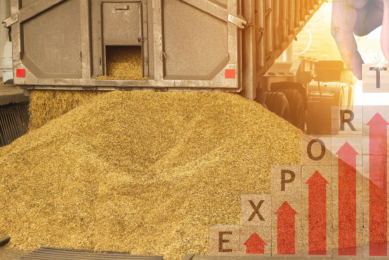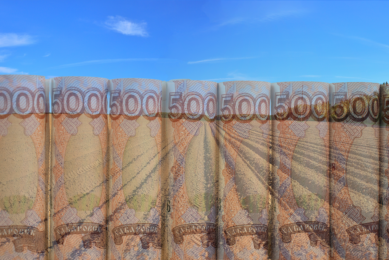Russia hopes to ramp up grain export to China

China is close to opening its market for grain supplies from the entire Russian territory, said Anton Karmazin, the deputy head of the Russian veterinary watchdog, Rosselkhoznadzor. The upcoming trade deal is expected to benefit both countries.
“As you know, they [the Chinese authorities] put quite severe restrictions on us and permitted the supply of this group of goods [grain] from just 7 Russian regions, which are not the most grain-producing in the Far East and Siberia,” Karmazin said, adding that for this reason, Russian grain exports to China has remained limited.
“China is quite an interesting market, the capacity of which is very decent: about 11 million tonnes of corn [per year], about 8-9 million tonnes of wheat, and something incredible when it comes to soybeans: 85 million tonnes,” he said.
In 2020, China entered the list of top-10 sales markets for the Russian grain, importing 1.9 million tonnes. In the first 10 months of 2021, supplies stood at 1.8 million tonnes.
Russia hopes to strengthen its position on the Asian grain market in the coming years. For this reason, Rosselhoznadzor is currently negotiating with Vietnam and Indonesia on easing sanitary requirements on Russian grain supplies.
Export quota stays in place
The Russian Agricultural Ministry has recently confirmed it would set grain and wheat export quotas for 15 February to 30 June at 11 million tonnes in an attempt to secure domestic supplies.
So far, Russian wheat exports have been down 37.5% since the start of the marketing year on 1 July. This is due to a smaller crop and the export tax of $91 per tonne of wheat. Export tax is set to raise further to $94 from 22 December.
The Russian Union of Grain Exporters’ chairman, Eduard Zernin, said 11 million tonnes was a comfortable level for the Russian business.
“This figure was reduced by 1 million tonnes from the initial proposal of the Agricultural Ministry. The government most likely took into account the appeals of livestock businesses,” he said, adding that in the past, feed supplies have never been cited as a reason to decrease grain export quota.











